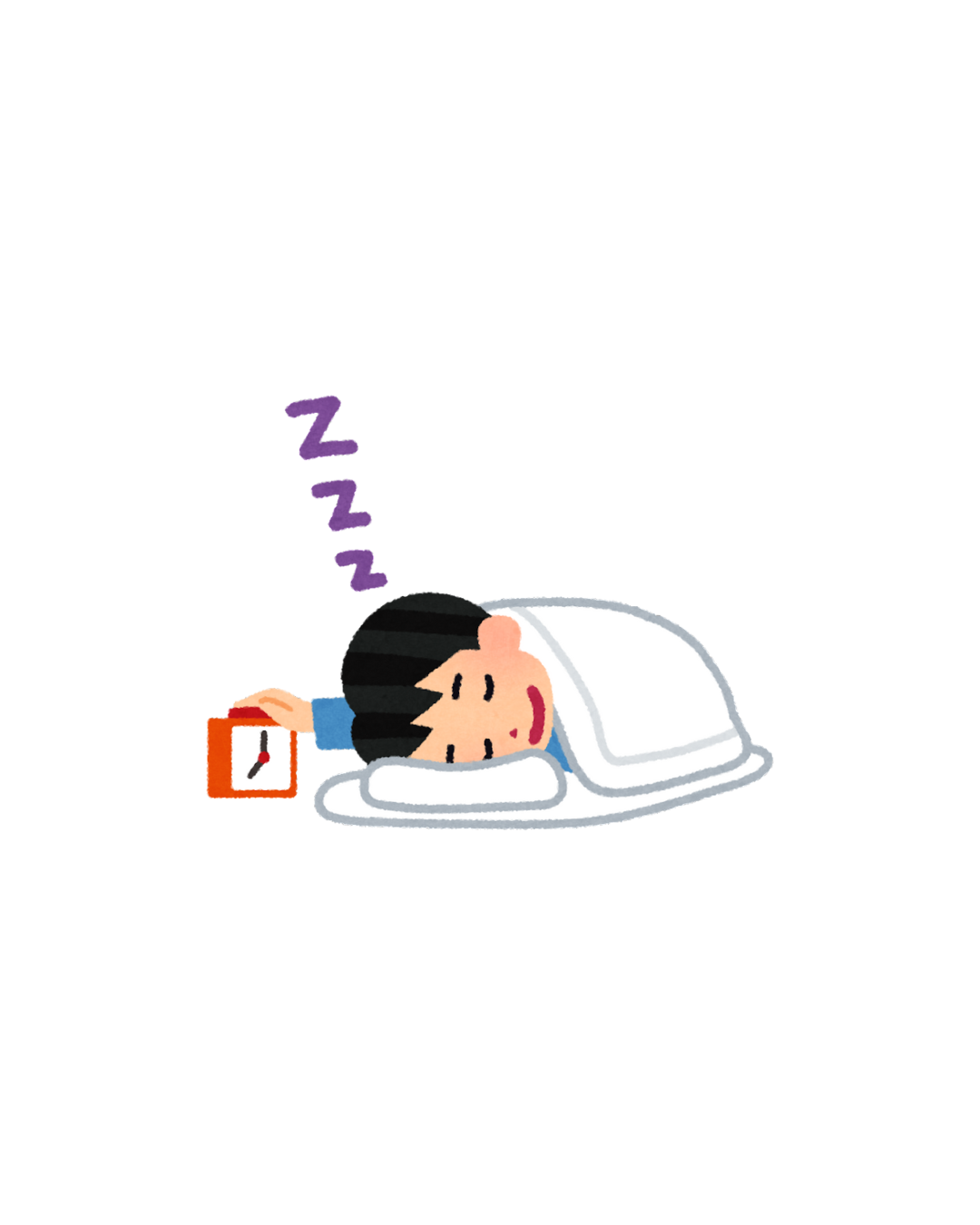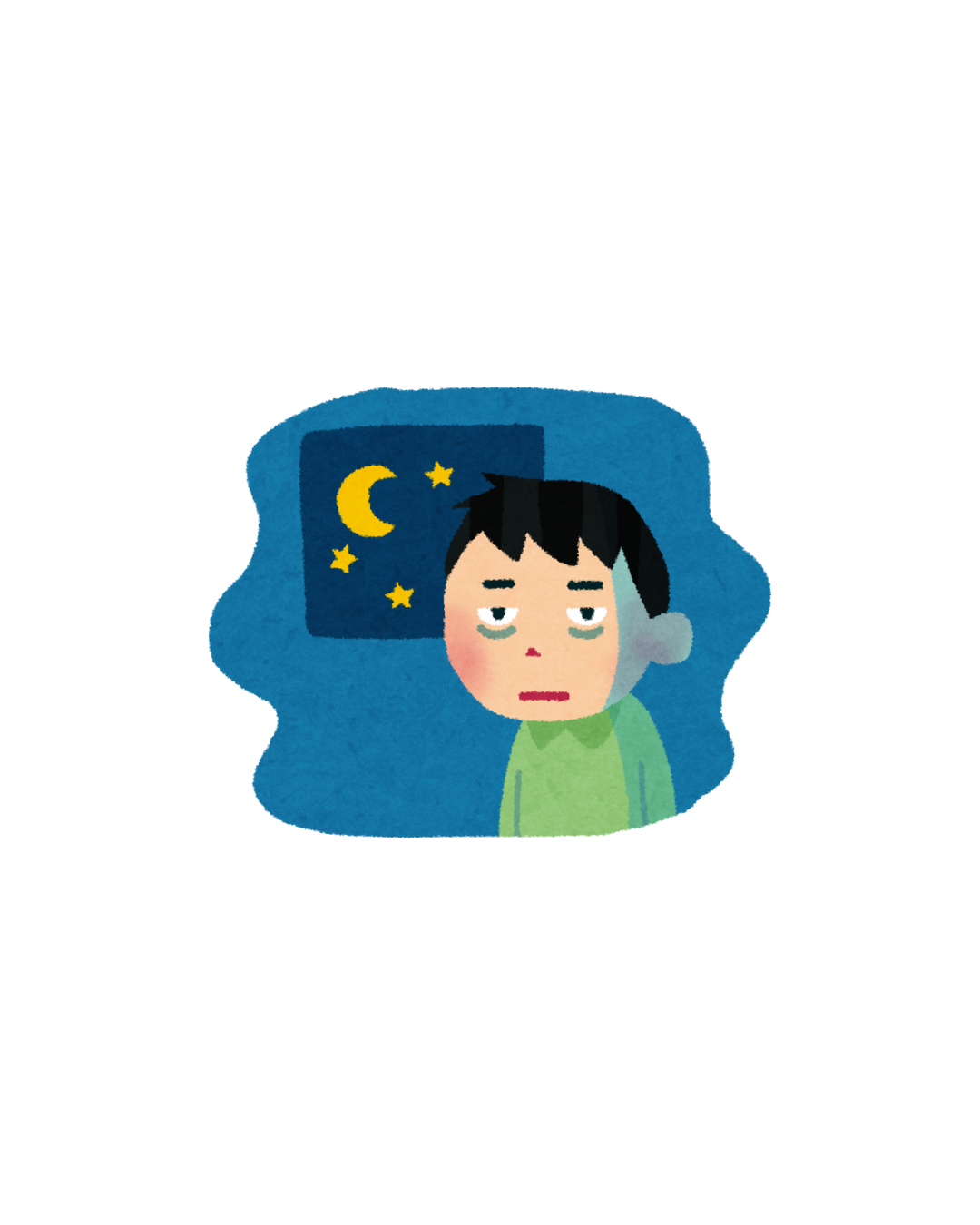How OCD Impacts Sleep
Introduction
Sleep is supposed to be a time of rest, a natural pause where the mind and body recharge. But for many people with Obsessive-Compulsive Disorder (OCD), bedtime isn’t peaceful—it’s stressful. The quiet of night can amplify intrusive thoughts, rituals can stretch late into the evening, and anxiety can leave you staring at the ceiling instead of drifting off.
If you live with OCD, you’re not alone if sleep feels like a struggle. In fact, research suggests that people with OCD often experience more sleep disturbances than the general population. Poor sleep then worsens OCD symptoms the next day, creating a cycle that’s hard to break.
This blog explores the relationship between OCD and sleep: why it’s difficult, how the cycle plays out, and what steps can help you reclaim rest.
Why OCD Affects Sleep
OCD can interfere with sleep in several ways:
1. Nighttime Rituals
Compulsions don’t stop when the sun goes down. Many people feel the urge to perform rituals before bed—such as checking locks, washing, or arranging things “just right.” These can stretch bedtime routines far longer than intended, delaying sleep.
2. Intrusive Thoughts at Night
The quiet of nighttime can give intrusive thoughts more space to surface. Without the distractions of the day, worries can feel louder, fueling rumination. Instead of drifting off, the mind races.
3. Anxiety and Hyperarousal
OCD is rooted in anxiety, and anxiety makes it hard for the body to relax. Racing heart, muscle tension, and mental “what-ifs” keep the nervous system in fight-or-flight mode—opposite of the calm needed for sleep.
4. Fear of Sleep Itself
Some people develop obsessions about sleep:
“What if I stop breathing while I sleep?”
“What if I don’t get enough rest and can’t function tomorrow?”
“What if I lose control during the night?”
These fears lead to compulsions like monitoring breathing or repeatedly checking the clock, which ironically make sleep harder.
5. Daytime Exhaustion Feeding OCD
When sleep is poor, OCD symptoms often worsen the next day. Intrusive thoughts feel harder to resist, anxiety spikes, and rituals increase—setting up another difficult night.
The OCD–Sleep Cycle
The relationship between OCD and sleep often turns into a vicious cycle:
OCD delays or disrupts sleep with rituals, worries, or hyperarousal.
Poor sleep increases anxiety and intrusive thoughts the next day.
Stronger OCD symptoms at night lead to more rituals and fears.
Breaking this cycle is possible, but it requires awareness and small, intentional changes.
Common Sleep Struggles in OCD
Bedtime avoidance: Putting off sleep because of dread of rituals or thoughts.
Extended bedtime routines: Rituals like re-checking, showering, or mental reviewing that can last hours.
Difficulty falling asleep: Racing thoughts prevent winding down.
Nighttime awakenings: Waking up and feeling compelled to perform rituals.
Sleep deprivation: The combination of late nights and broken sleep leads to chronic fatigue.
Practical Strategies for Better Sleep with OCD
While OCD makes sleep challenging, there are tools that can help. These won’t “cure” OCD, but they can ease the cycle and create better conditions for rest.
1. Set a Consistent Bedtime
Routine matters. Going to bed and waking up at the same time each day helps regulate your body’s clock, making it easier to fall asleep naturally.
2. Create a Wind-Down Ritual (Not an OCD Ritual)
Replace compulsive routines with calming ones. Ideas include:
Gentle stretching or yoga.
Reading a comforting book.
Listening to calming music or a sleep meditation.
The goal: signal to your brain that it’s safe to rest—without feeding OCD rituals.
3. Limit Reassurance and Checking at Night
If lock-checking or clock-watching keeps you awake, set boundaries:
Check once, then stop.
Move the clock out of sight.
Remind yourself: “OCD wants me to check again, but I’m choosing rest.”
4. Use Exposure and Response Prevention (ERP)
ERP—the gold standard for OCD treatment—can target sleep-related fears. For example:
Exposure: Lying down without re-checking the door.
Response prevention: Resisting the urge to get up, even when anxiety spikes.
Over time, your brain learns that nothing catastrophic happens, reducing the cycle.
5. Practice Relaxation Techniques
Since anxiety fuels insomnia, calming the body helps. Try:
Deep breathing (in through the nose, out through the mouth).
Progressive muscle relaxation.
Guided imagery or mindfulness exercises.
6. Limit Stimulants
Caffeine, nicotine, and even late-night screen time can keep the brain alert. Try reducing or cutting these before bed.
7. Seek Support
Therapists who specialize in OCD can help tailor ERP exercises to bedtime struggles. Support groups can also normalize the experience.
Partner and Family Support
If you live with others, OCD-related sleep struggles can affect them too. Partners may feel frustrated by long rituals or middle-of-the-night awakenings. Families may adjust household routines to accommodate.
Tips for loved ones:
Be compassionate, not critical. Understand that OCD is driving the behavior.
Avoid enabling. Repeatedly checking or reassuring may bring temporary peace but strengthens OCD long term.
Encourage professional help. Support, but don’t shoulder the burden alone.
When to Seek Professional Help
If OCD-related sleep issues are severely impacting your life—causing daily exhaustion, missed work or school, or worsening mental health—it’s important to reach out. Treatment options may include:
Cognitive Behavioral Therapy (CBT) with ERP
Medication (such as SSRIs, prescribed by a doctor)
Sleep-focused interventions like CBT-I (Cognitive Behavioral Therapy for Insomnia)
Conclusion
Sleep and OCD can feel like natural enemies—but they don’t have to be. While intrusive thoughts and rituals may try to control bedtime, with the right tools and support, it’s possible to break the cycle.
Recovery doesn’t mean every night will be perfect. It means finding ways to rest even with uncertainty, to reclaim the peace that OCD tries to steal, and to remind yourself: you deserve rest, you deserve ease, and you deserve nights that restore you.
Small steps—like reducing rituals, practicing relaxation, and seeking support—can add up to big changes over time. Sleep is possible. Peace is possible. And you are not alone in the struggle.


